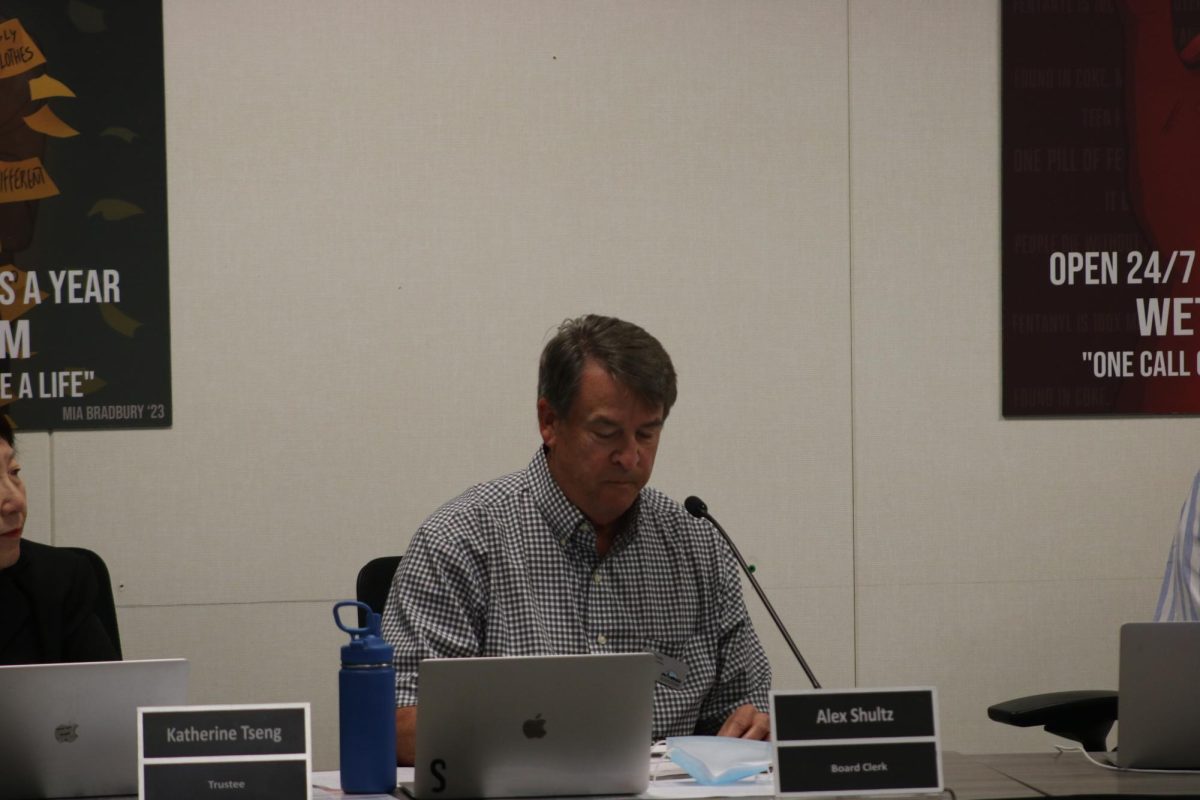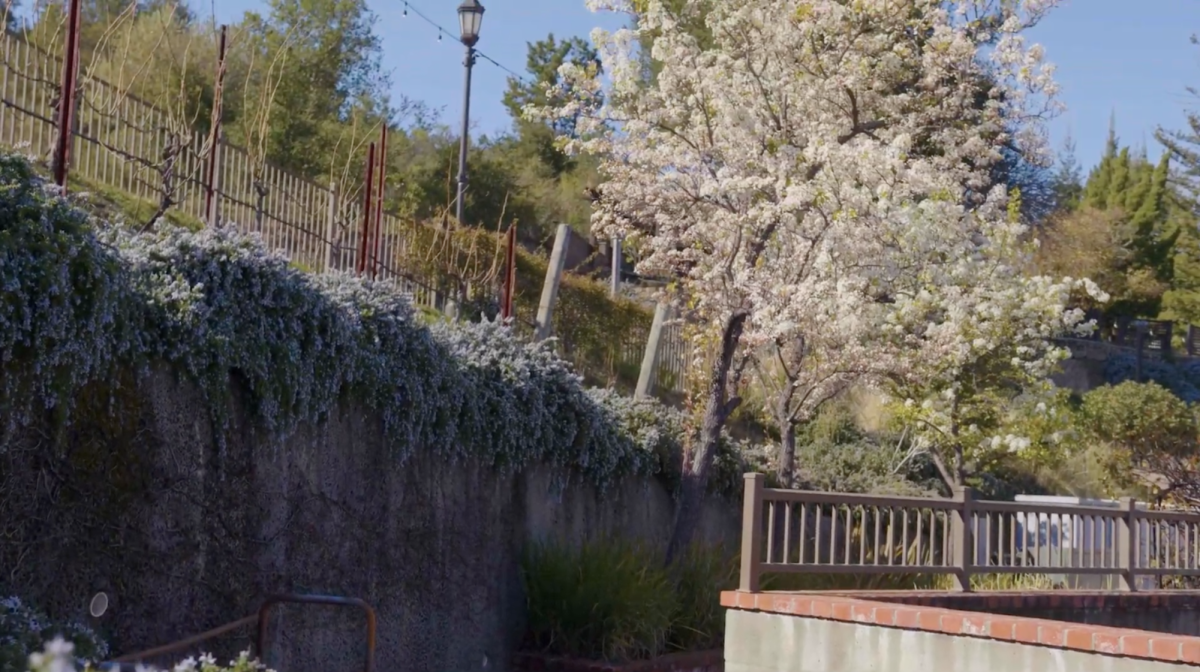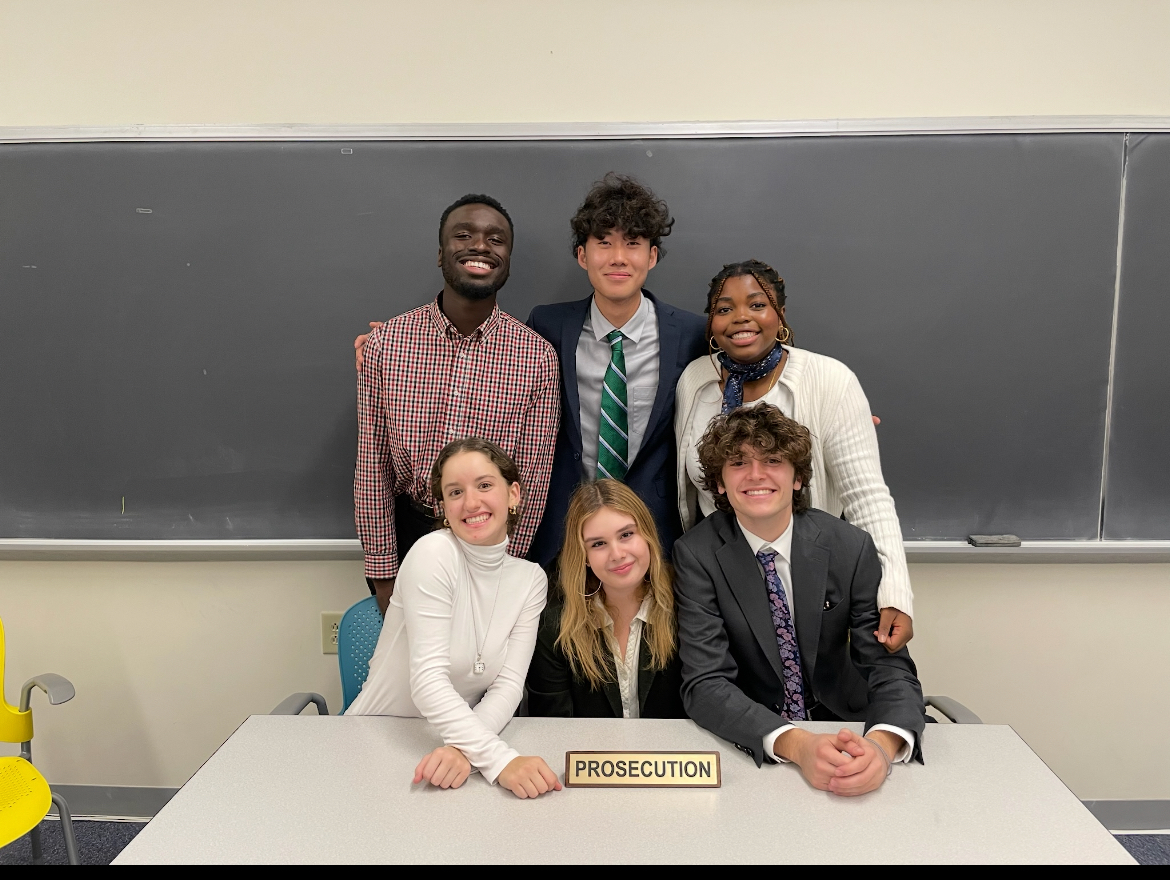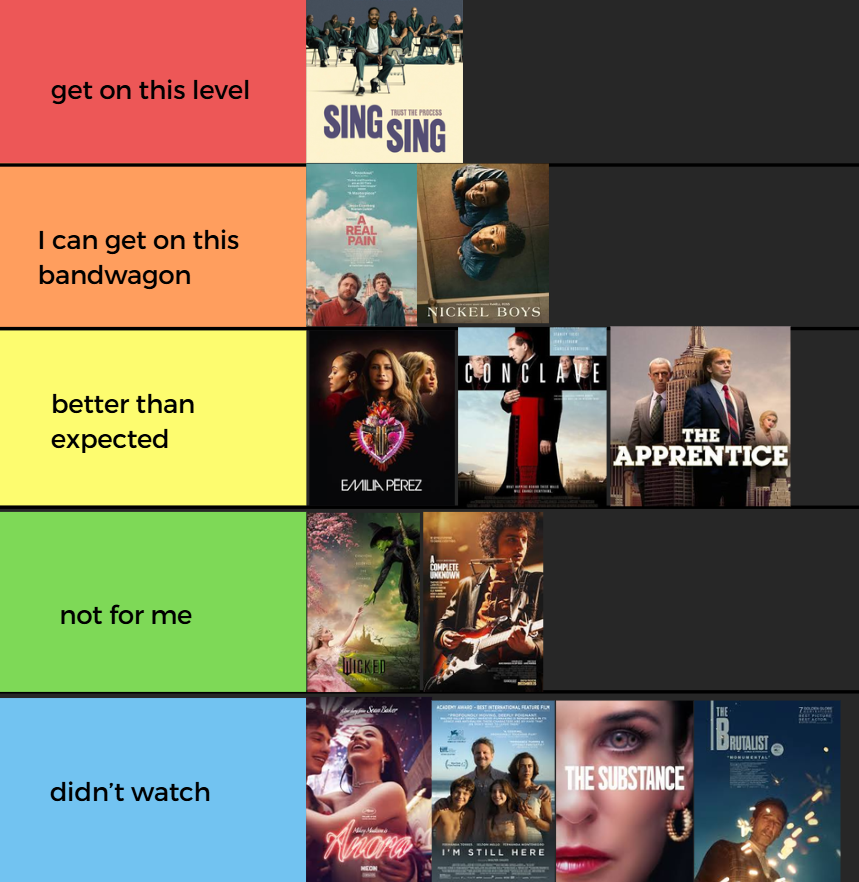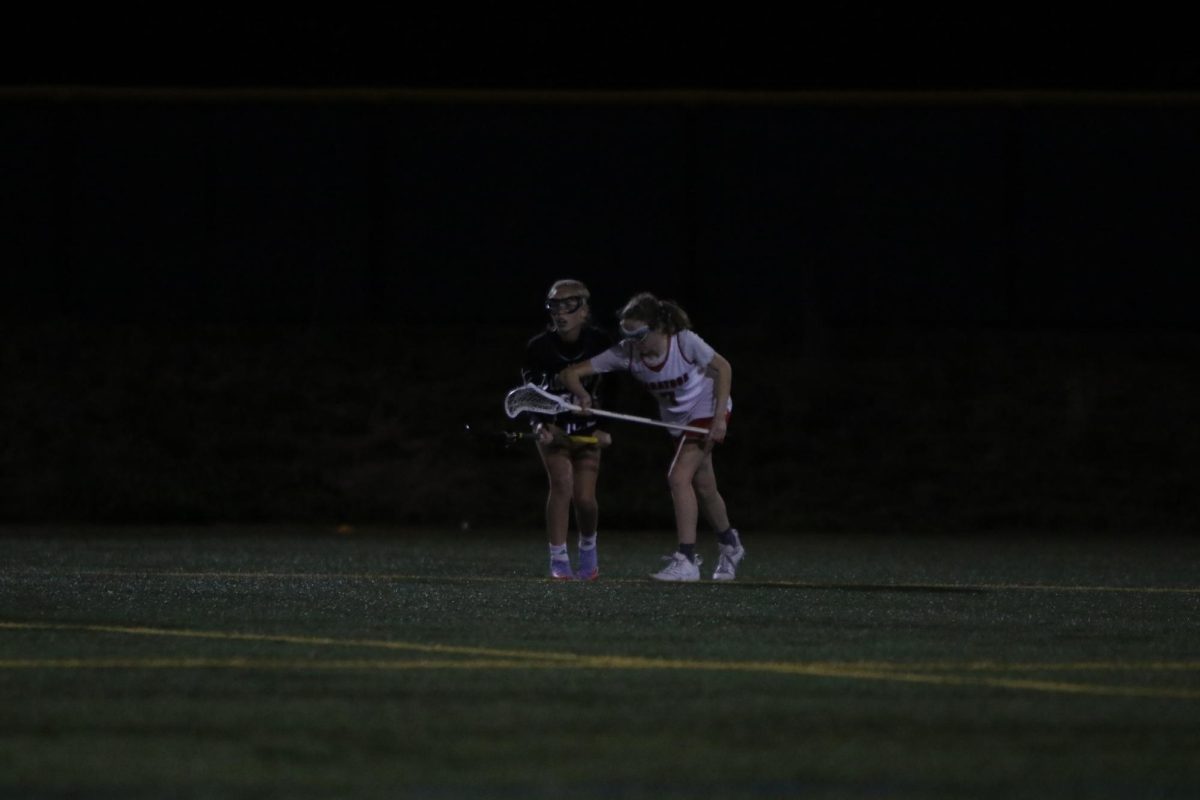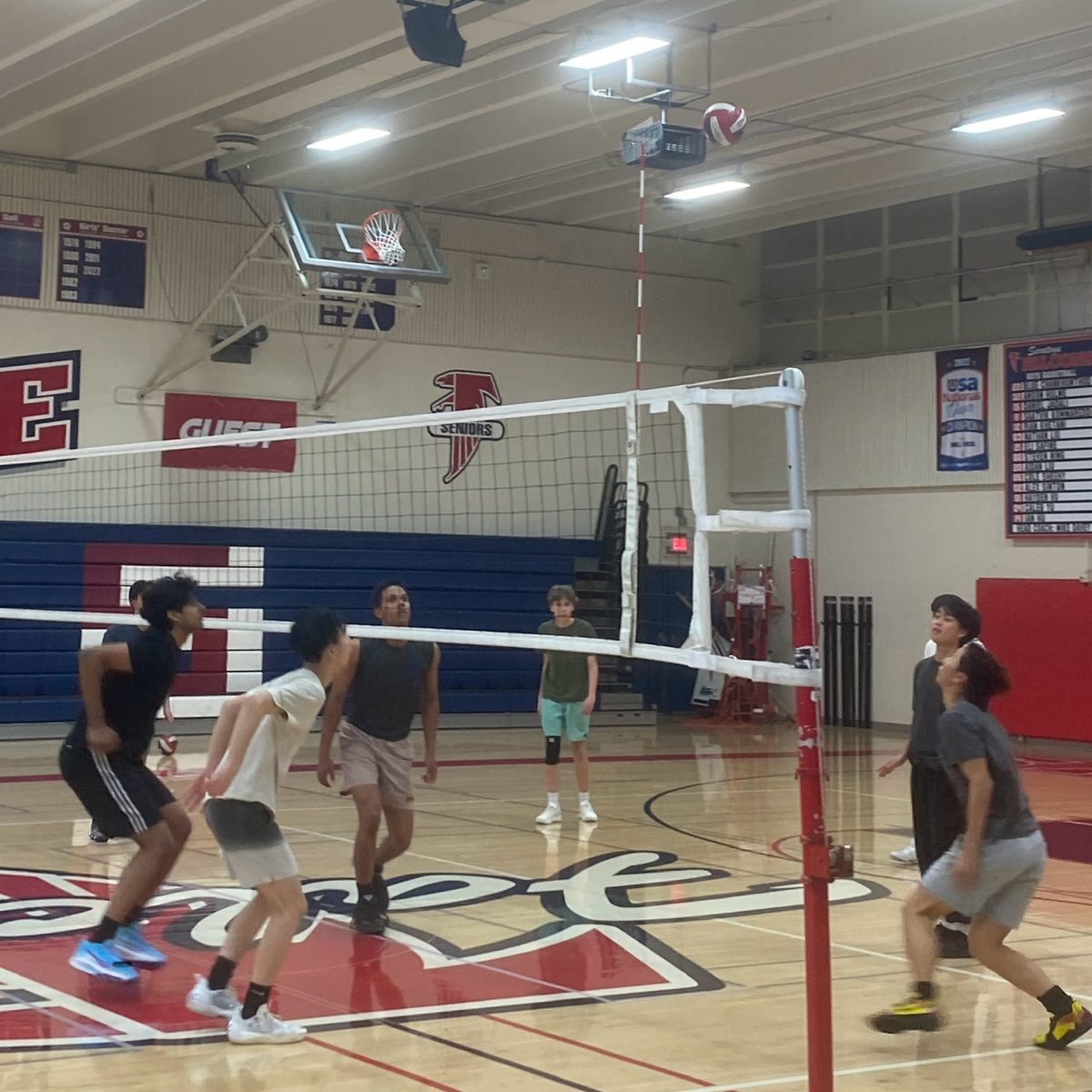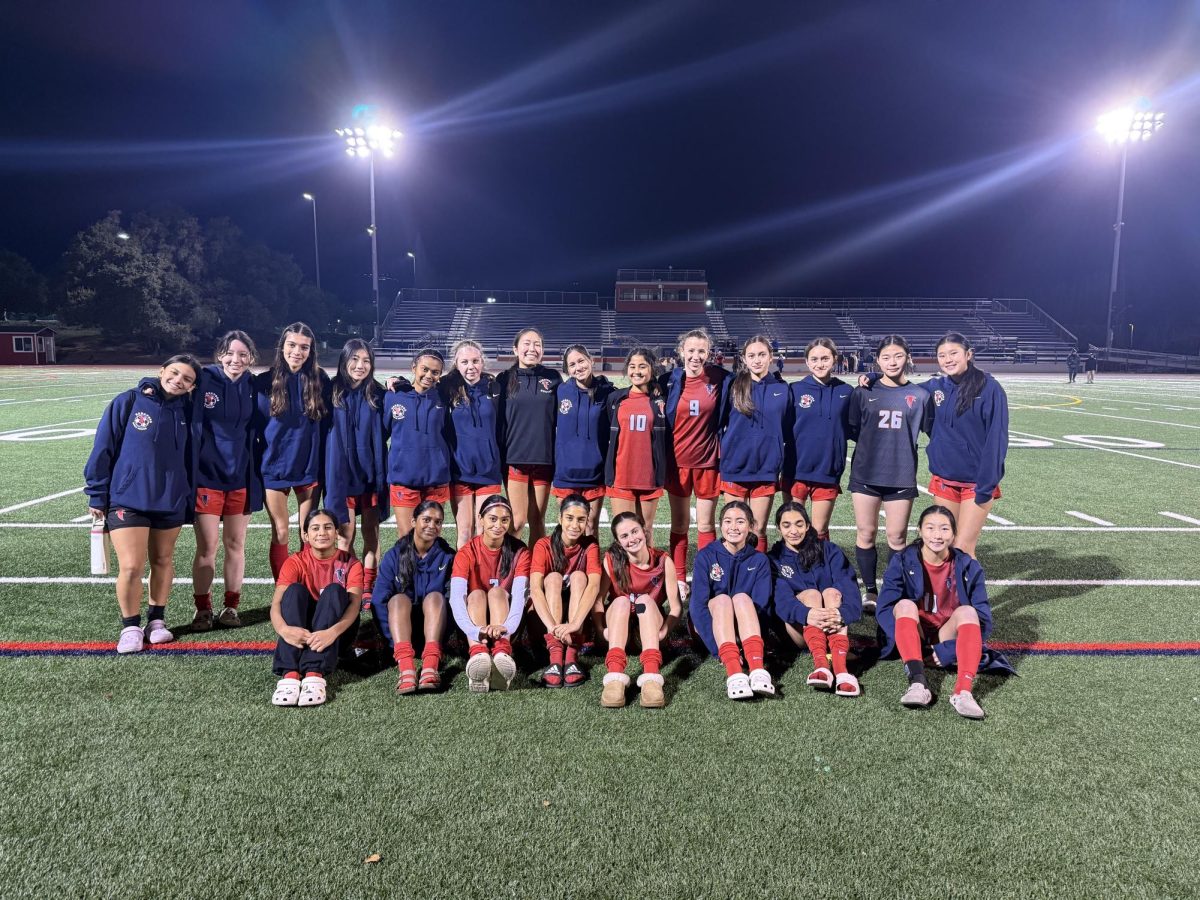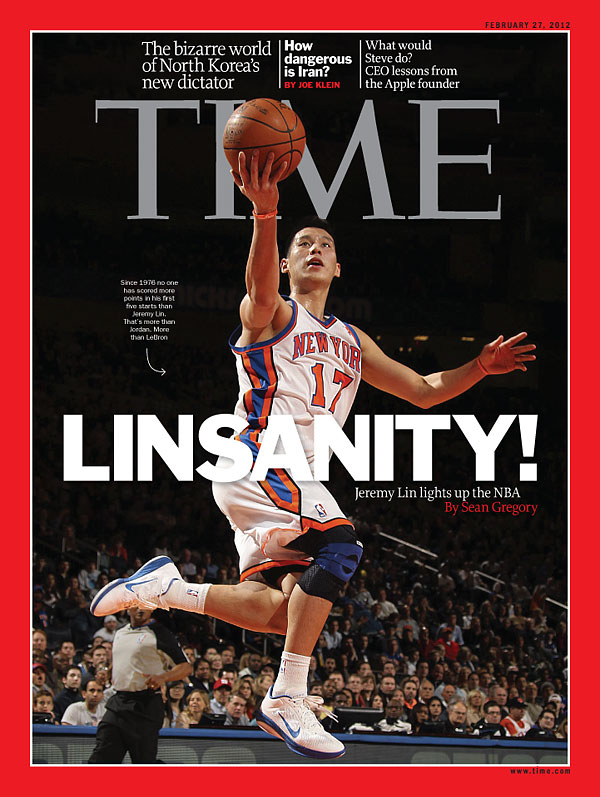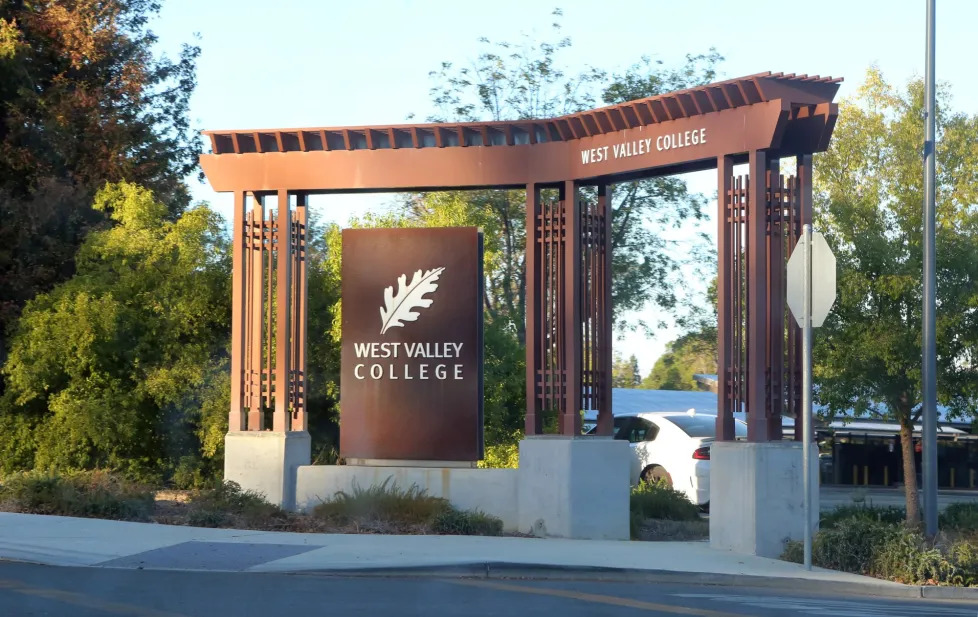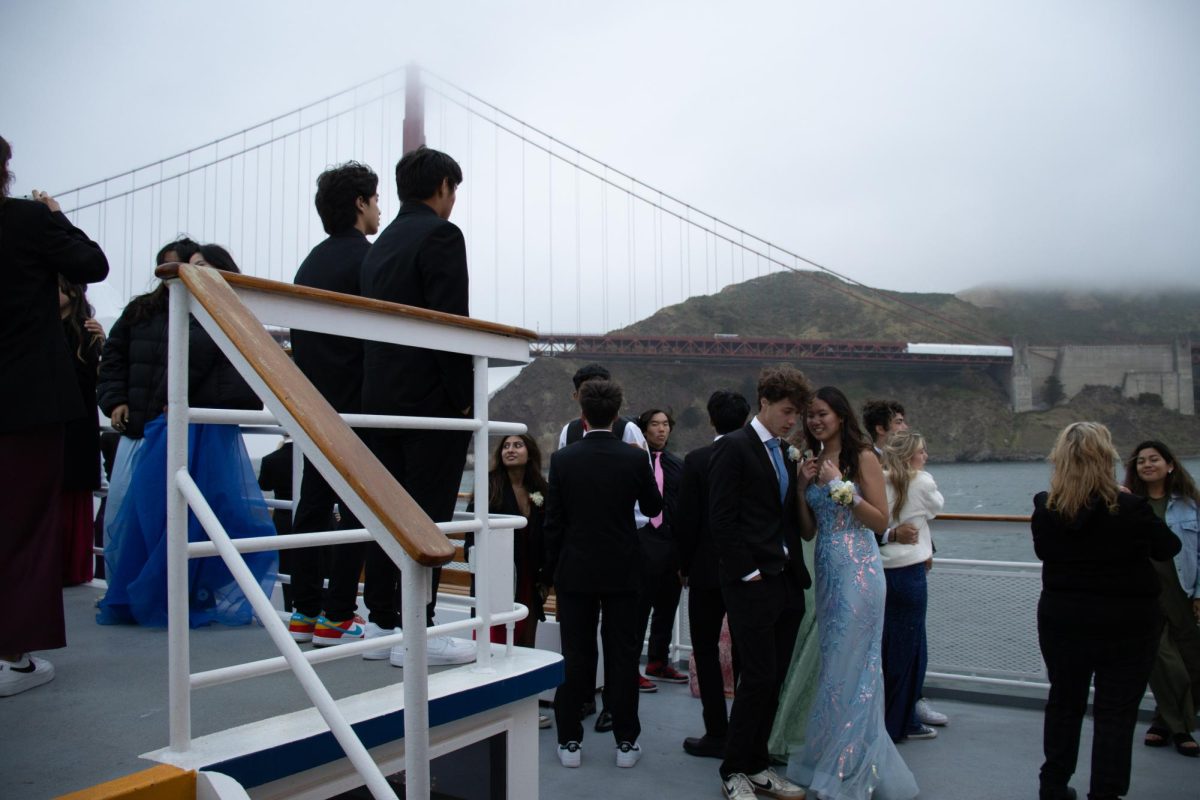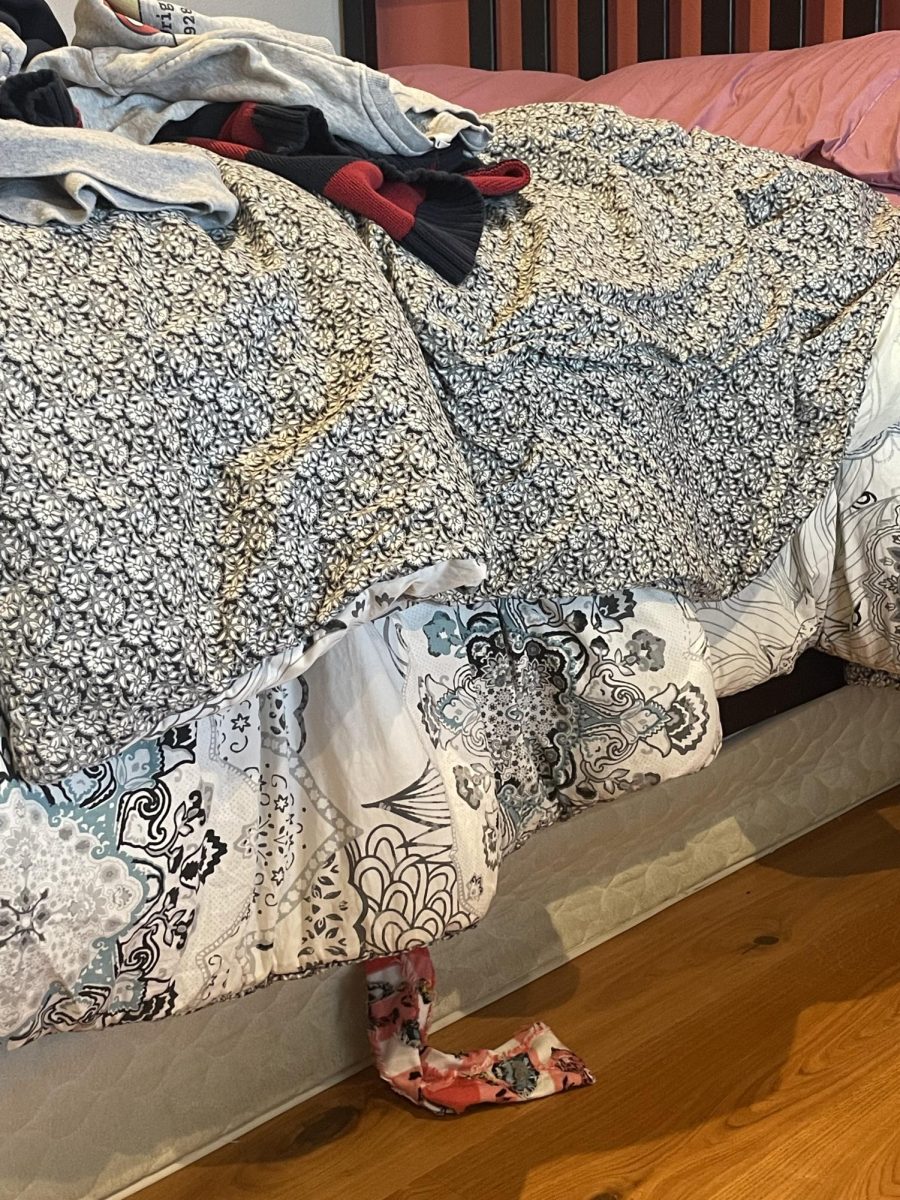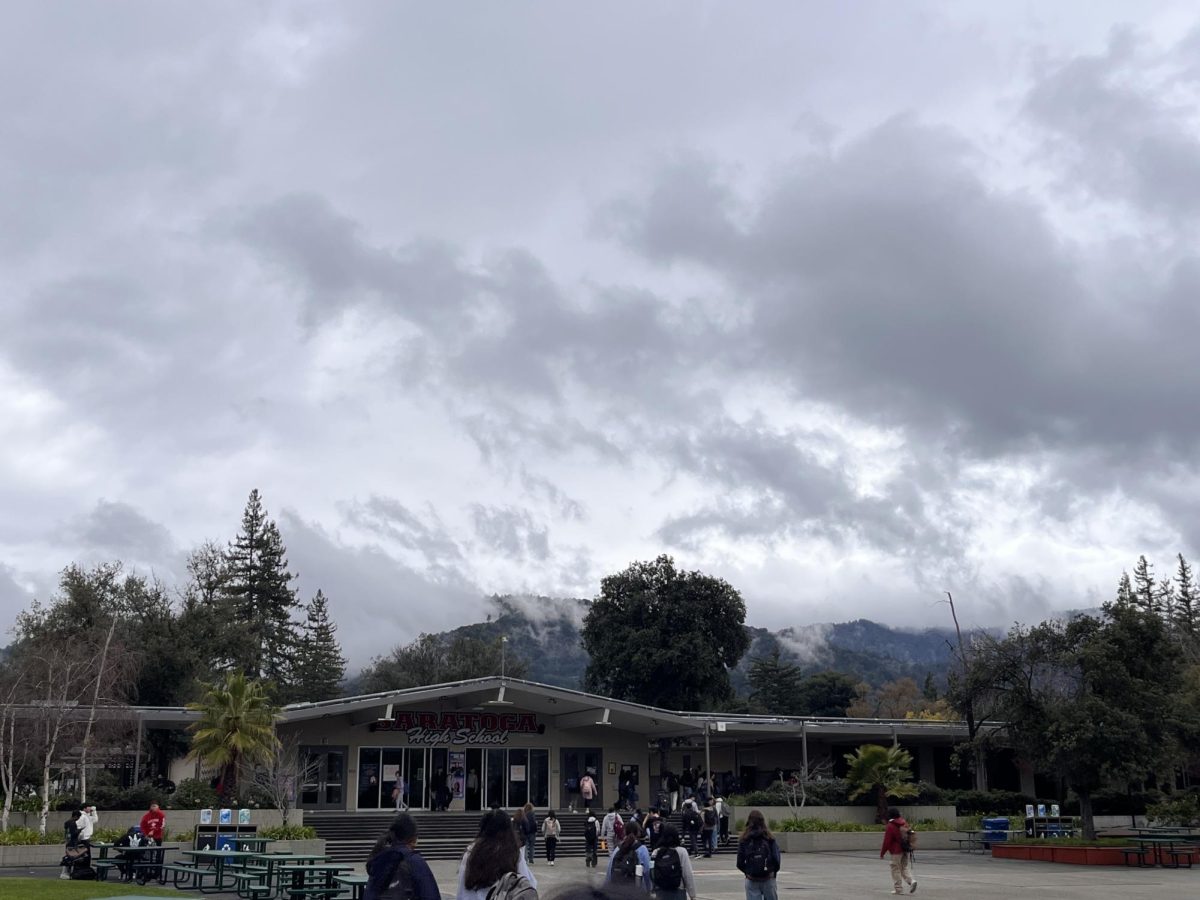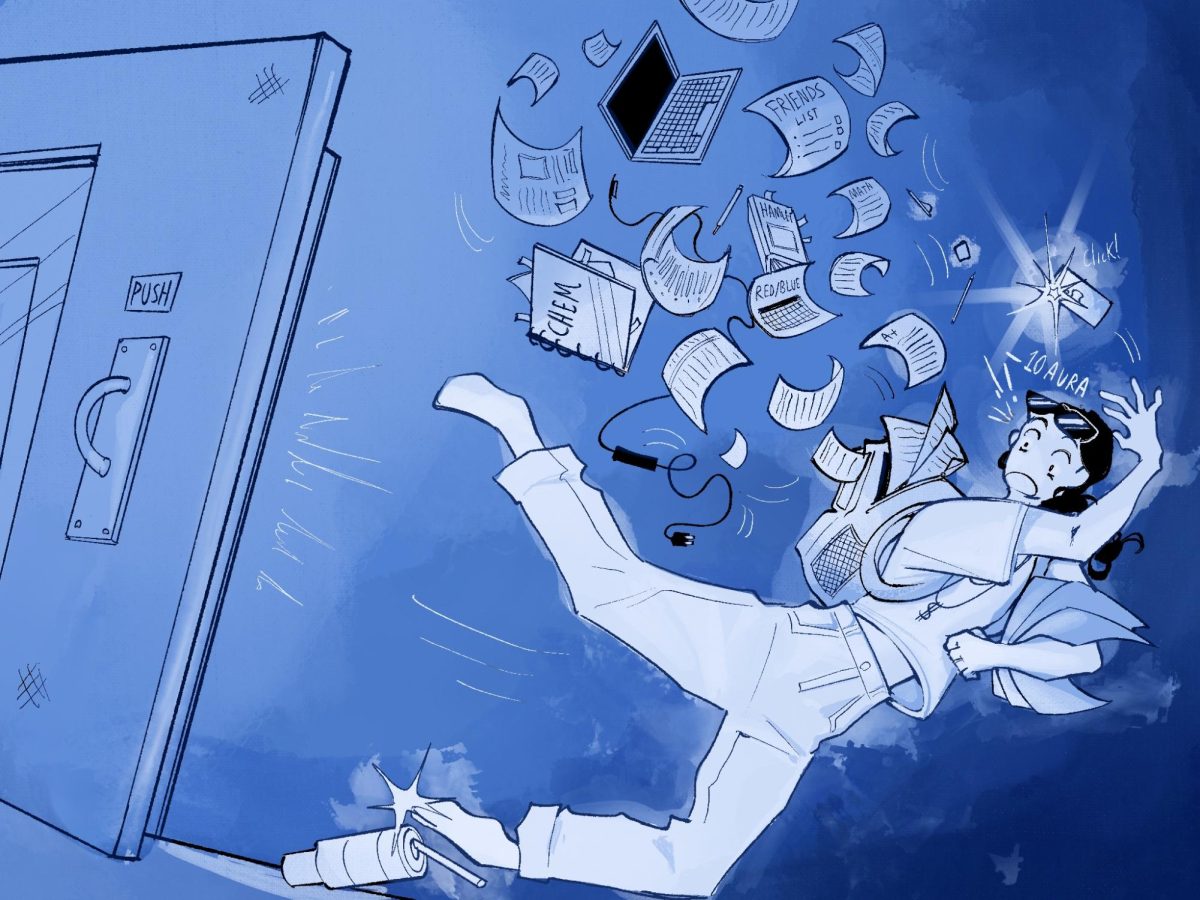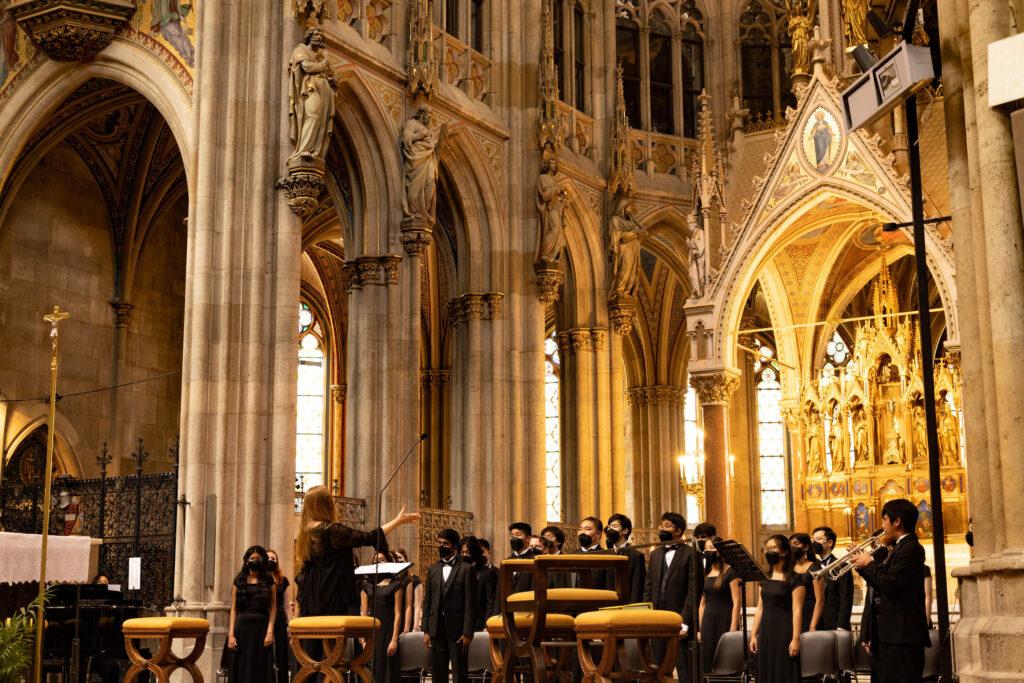Looking through her camera roll, junior Madeline Hung can find thousands of photos of memories from the music department’s summer trip to Europe. From 32 pictures of every time she had ice cream on the 14-day-trip to over 2000 snapshots of Prague sunset scenery, she recalls how she spent the trip playing music and touring cities with her friends.
In Ljubljana, she vividly remembers taking a boat tour with friends down the river and sightseeing architecture. That night, she performed at the Ljubljana Castle Courtyard, playing as a part of the school’s Symphonic Wind Ensemble and Symphony Orchestra.
“It was drizzling a little bit during our concert, but since it was outdoors, it was even worse since we actually felt the rain,” she said. “But it was also kind of poetic to have it be raining in a nighttime concert performance.”
From July 8-21, 232 students in the school’s orchestra, band and choir programs performed in world-famous venues across Austria, Slovenia, Germany and the Czech Republic; the choir was also joined by 12 students from Lynbrook High.
Starting from Vienna’s acclaimed Golden Hall of the Musikverein on July 10, they toured Ljubljana, Haus im Ennstal, Hallstatt, Schladming, Dresden and Prague, participating in various festivals such as the Mid-Europe Festival and the International Festival’s Young Artist Program. A parent “shadow tour” with 179 parents followed the group’s itinerary to sightsee Europe while watching their children perform.
Though flight cancellations left students and parents stranded in Prague and New York, all were able to return home by July 25.
For Hung, scheduling during the trip was often hectic. Performances were typically every other day; however, due to her involvement in multiple parts of the music program, she would perform twice on those days — double the number compared to students who were only in either orchestra or band — and continue touring the city attractions with her friends. She recalls an especially busy day when she went go-karting at 10:30 a.m., visited a waterpark, performed in the Mid-Europe Festival and then browsed the festival until midnight.
“It was really stressful and tiring if I had a performance and another performance two hours later, but overall I feel like even then I still had so much free time to explore the area,” Hung said. “I felt independent in a way that I was with my friends exploring a place I’ve never been to, with people around me speaking a language that I did not know.”
She felt that she “was on vacation the entire time” due to the amount of time she spent socializing with friends. Although chaperones and parents were present for helping students through airports and doing room checks at night, Hung said that students had freedom to explore by themselves, as long as they went out in groups of three. Curfew required students to return to their rooms by 1:30 a.m., so they could also leave the hotel to sightsee the city at night.
For her, “the most impressive thing” about touring Europe was how stunning architecture and other tourist attractions were within walking distance from their hotels, so students could walk to wherever they wanted to go without relying on public or private transportation.
“European architecture is so walkable and inviting compared to maybe some of the more industrial looking buildings you’d see in California,” Hung said. “Or perhaps it’s like a tourist trap, but either way it was very beautiful.”
Students also learned time management skills by optimizing how they spent their free time on the trip.
Hung recalls that in Schladming, Austria, students had three hours of free time. Instead of choosing to kill time on her phone, she opted to go on a gondola, go-kart, play mini golf and eat dinner during those three hours. By the end of the trip, she ended up only having two hours of screen time a day, which were mainly spent using Google Maps and taking photos.
“I learned to use my time in a way that I wouldn’t regret it in the end,” Hung said. “I was able to come closer with many different people just because we had so much time that we spent together. So I wasn’t on my phone at all because I had all my friends around me and it was so much fun.”
The trip closed off with a banquet in Prague, where music director Michael Boitz delivered a speech to the students and chaperones about how the trip brought the community together as a whole.
However, the farewell dinner dance party was soon marred by news of flight cancellations and the ensuing logistical nightmare as tour organizers and families scrambled to rebook flights.
“We were thanking all of our chaperones, the kids are dancing, the food was great and they’re having a wonderful time,” Boitz said. “But at around 10:30 p.m., the lead tour escort gets a phone call saying that Lufthansa canceled a flight.”
Both Boitz and music director Jason Shuian were on the canceled flight and led the tour group to the airport to discuss alternative arrangements with Lufthansa, the group’s airline. However, when they arrived, customer service informed them that the earliest date the students could return home was Sept. 12. Despite their attempts to get an earlier flight, they were denied. Boitz compared the experience to “speaking to a brick wall.”
The stranded group of 114 people ended up booking a hotel near the airport, where they stayed for an additional four and a half days. They also took a sunset dinner cruise on the Vltava for enjoyment while they waited.
“We got the boat company to open up an additional boat because we were over 100 people,” Boitz said. “And so that part was really nice. We felt terrible for kids and families whose summer plans were disrupted — but in hindsight, we were not stuck in a bad place.”
The group was finally able to return home due to the influential connections of the parent community, Boitz said. Lufthansa CEO Carsten Spohr’s son had once been a year-long exchange student at the school and spoke fondly of the experience, so parents who knew Spohr contacted him via email. In addition, other parents reached out to Congresswoman Anna Eshoo to request her office’s help. Following these communications, the group ended up receiving a private chartered flight back home on July 25. Saratoga’s situation was featured on local news channels such as NBC.
Similar to the group in Prague, all choir students and their parents were stuck in New York City for a few days, junior Hannah Munson said. Although the choir students left Prague on time on July 21, their connecting flight from JFK was canceled.
After waiting in the airport for a few hours, the tour group was shuttled to the Radisson Hotel in Jamaica, Queens. Munson was informed by the tour company that she was on a flight and showed up to the airport on standby with other students, only to find that it was actually scheduled for 5 p.m. the following day.
She felt frustrated that students were often kept in the dark, and that organizers often prioritized keeping shadow families together on flights instead of sending non-shadow students home — which was futile because most shadow families got out of New York through their own plans.
“It seemed as though there was no backup plan to getting a flight canceled, despite this problem being a known thing and the tour organizers having dealt with flight cancellations before the tour even started,” Munson said. “We were often told we were ‘playing it by year,’ but I feel like there should have been more of a plan or idea of what needed to be done and how.”
After several delays in returning flights, the group in New York finally returned home in separate groups by July 23. Their luggage arrived before any of the people were able to return, so they barely had any clothes or toiletries, Munson said.
Ultimately, Boitz hopes that students learned flexibility, patience and resilience from the flight cancellation fiasco.
“We can either duck our head and hide in a cave, or deal with our circumstances and make the very best of it,” he said. “The theme is ‘carpe diem,’ which means seize the day. And we’re hoping the kids walk away from the trip with that.”

